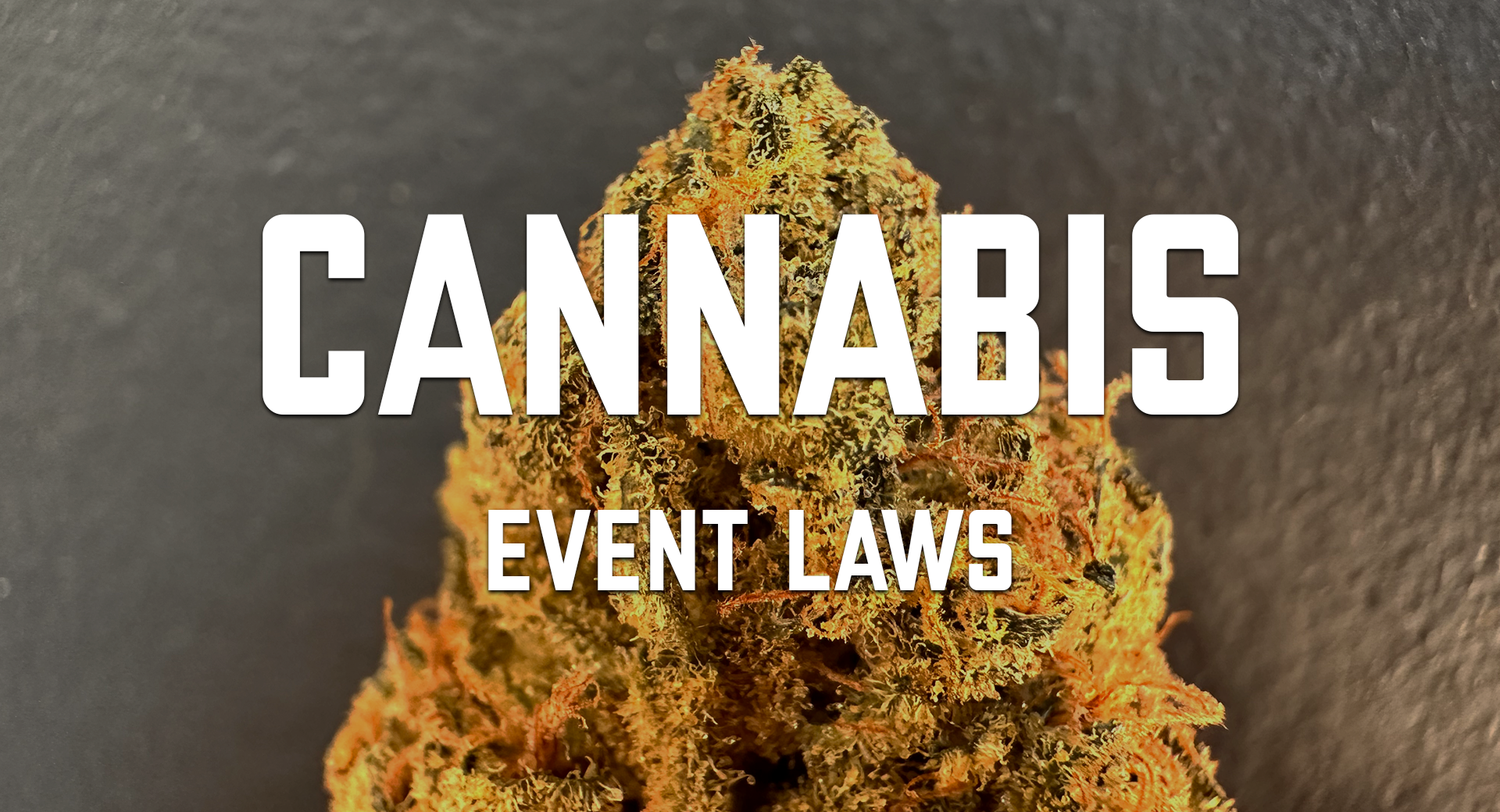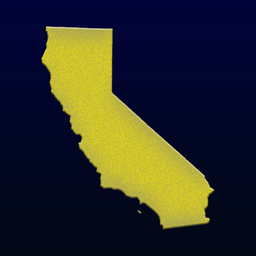Cannabis events in California: Overview of laws, regulations, and licensing
Everything you need to know about cannabis regulation in California, including small producer licenses and state temporary events.

As California’s cannabis industry expands, so do the opportunities for small producers and event organizers to reach new consumers. However, with these opportunities come complex regulations governing the sale, distribution, and consumption of cannabis at events, particularly for small-scale cultivators. In 2024, the state introduced the Small Producer Event Sales License under Section 26050.6, a significant development aimed at supporting smaller cannabis producers while ensuring safety and compliance.

In this guide, we will explore the key aspects of California’s cannabis regulations, focusing on the rules for state temporary events, small producer licenses, and the role of local jurisdictions in controlling cannabis sales. This article serves as an introduction to a series that will delve deeper into each of these topics, with links to detailed articles on each.
Overview of Cannabis Licensing in California
California’s cannabis industry is regulated under a framework that balances state laws with local jurisdiction oversight. For cannabis producers and sellers, obtaining the correct licenses is crucial to participating in the legal market. The Small Producer Event Sales License, established by Section 26050.6, is one of the latest additions to the state’s licensing options.
This license allows small-scale cannabis producers to sell their products directly to consumers at state temporary events. The goal is to provide these smaller cultivators with access to the broader market through events without requiring a full-scale retail operation. Producers can now apply for licenses that allow them to participate in state temporary events, where sales and consumption of cannabis are permitted in a controlled environment.
What Is a State Temporary Event?
A state temporary event refers to a special, state-approved venue where licensed cannabis producers and sellers can legally offer products to adults aged 21 and over. These events are typically held at venues such as county fairs, district agricultural events, or other local venues that have been approved by the jurisdiction. They offer a unique opportunity for producers to reach a wide audience in a short period of time, but strict regulations govern how these events are conducted.
At these events, participants are required to have valid state licenses, including small producer event sales licenses. Sales are closely monitored, and unsold products must be transported back to licensed facilities under specific conditions to ensure safety and compliance. Local jurisdictions retain the authority to permit or deny the hosting of such events, and all sales must adhere to both state and local cannabis regulations.
For more detailed information about the state temporary event license, including the application process and compliance requirements, check out our upcoming article: ["Navigating State Temporary Cannabis Events: Rules and Regulations for Organizers."](link to follow-up article)
Small Producer Event Sales License: A New Opportunity
The introduction of the Small Producer Event Sales License marks a significant shift in how small-scale cannabis producers can participate in the market. This license allows producers who cultivate no more than 10,000 square feet of cannabis to sell their products directly to consumers at state-approved events. The goal is to provide smaller operations with more direct access to the market without the overhead of maintaining a full retail operation.
Under this license, small producers can:
- Sell their cannabis products at state temporary events.
- Generate up to $175,000 in gross revenue from these events each year (with potential adjustments based on inflation starting in 2027).
- Transport unsold products back to their licensed facilities without the need for retesting, provided the original packaging and certification are intact.
This license streamlines the application process, so small producers don’t need to undergo additional background checks if they already hold a valid cultivation license. By removing some of the barriers to market entry, this new licensing option is designed to encourage small producers to grow their businesses through direct consumer interaction.
If you’re interested in the specifics of the Small Producer Event Sales License and how it could benefit your cannabis business, be sure to read our article: ["Understanding the Small Producer Event Sales License for Cannabis in California."](link to follow-up article)
Local Control: How Jurisdictions Shape Cannabis Events
While California’s state laws set the foundation for cannabis sales and events, local jurisdictions play a crucial role in determining where and how cannabis events can take place. Local governments have the authority to approve or deny event licenses, regulate zoning, and enforce specific ordinances related to cannabis consumption and sales.
For example, even if a state temporary event license is granted by the California Department of Cannabis Control, the event must also be approved by the local jurisdiction where it will be held. Local authorities can place additional restrictions on the event, such as limiting the number of licenses issued or prohibiting certain types of sales. This interplay between state and local law is a central feature of California’s cannabis regulatory system.
To better understand the role of local jurisdictions in cannabis regulation, check out our upcoming article: ["How Local Jurisdictions Control Cannabis Events: What Section 26200 Means for You."](link to follow-up article)
Cannabis Testing and Safety at Events
One of the most important aspects of cannabis regulation is ensuring that products sold to consumers are safe and properly tested. All cannabis sold at state temporary events must undergo rigorous testing in state-licensed laboratories to ensure it meets safety standards for contaminants, potency, and labeling accuracy.
The state requires all cannabis products to be tested and tracked using a track-and-trace system that monitors the product from cultivation to sale. Unsold products must be returned to licensed distributors after the event and logged back into the track-and-trace system. These safety measures are designed to protect consumers and maintain the integrity of California’s cannabis industry.
Our upcoming article will provide more detail on testing protocols and safety standards: ["Ensuring Compliance: Cannabis Testing and Safety at Temporary Events."](link to follow-up article)
Taxation and Compliance for Small Producers
Cannabis taxation in California can be complex, particularly for small producers participating in state temporary events. Cannabis sales at these events are subject to the state cannabis excise tax, and producers must comply with all reporting and tax payment requirements. Additionally, small producers who sell medical cannabis may benefit from tax exemptions under certain conditions, such as those outlined in Senate Bill 34.
Managing taxes effectively is essential for any cannabis business, and our follow-up article will dive into the specific taxation rules for cannabis events: ["Cannabis Taxation at Events: How Proposition 64 and Senate Bill 34 Impact Your Business."](link to follow-up article)
Conclusion: Understanding the Landscape
As the cannabis industry in California continues to grow, it’s vital for small producers, event organizers, and consumers to stay informed about the evolving regulations. The Small Producer Event Sales License offers new opportunities for cultivators to engage with customers at state-approved events, but it also comes with responsibilities related to compliance, taxation, and safety.
This article serves as the introduction to our series on cannabis regulations, where we’ll dive deeper into each topic mentioned here. Stay tuned for more detailed insights on how California’s cannabis laws affect small producers and event organizers







